Video technology: Dutch FA trials delayed for 12 months
- Published
Video technology: FA chairman Greg Dyke disappointed with delay
Video technology trials during competitive matches have been put back at least 12 months at a meeting of the game's lawmakers in Belfast.
The Dutch FA (KNVB) had wanted to extend its trial of having a video official in the stadium watching replays and advising the referee on key decisions via a headset.
FA chairman Greg Dyke had been keen to push forward the trials but other International Football Association Board (IFAB) delegates referred the idea back for further discussions.
Fifa general secretary Jerome Valcke said: "It's a question of making the biggest decision ever in the way football is played."
The decision came just hours before Premier League referee Roger East's sent off Sunderland's Wes Brown for foul on Manchester United's Radamel Falcao in the Wearsiders' 2-0 defeat at Old Trafford. TV replays appeared to show Brown's team-mate John O'Shea dragged back the Colombian.
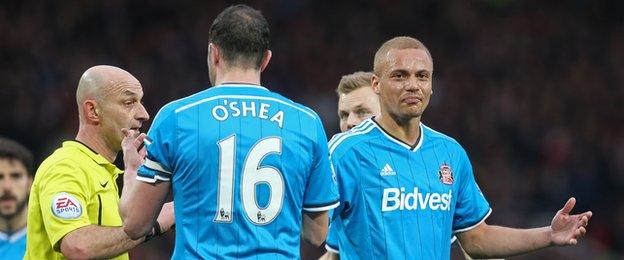
Sunderland's Wes Brown appeared to be mistakenly red-carded on the day video technology trials were postponed
IFAB, which consists of four British associations and four from world governing body Fifa, is football's ultimate rule-making body and can put any proposed changes to the game into the sport's statute.
It took the groundbreaking decision in 2012 to allow goalline technology.
The Dutch FA is leading the way with the video replay experiment - and had sought approval to roll out the trial into the Dutch Cup next season.
Video technology - how would it work?
The KNVB said its findings so far suggested an average of two or three crucial incidents per game are suitable for video referral, with final decisions typically possible in a time frame of five to 20 seconds.
"We are supporters of technology to assist referees in the decision-making process and our first experiences are positive. We believe that a video assistant can support a referee in order to make more correct decisions," KNVB spokesman Koen Adriaanse said.
"It is only for us in decisive situations - penalties, fouls before goals, red cards - and it is not only there to show wrong decisions, but also to support the referee in decisions that are right."

Greg Dyke on video replay technology: "Let's not wait for another Frank Lampard goal"
What the English FA says
Dyke drew the comparison with Frank Lampard's disallowed England goal against Germany at the 2010 World Cup, which prompted the introduction of goalline technology, saying: "Let's get on the front foot, let's start analysing it.
"I do think we should do more trials and I think next year or the year after we should start taking real decisions.
"It's clearly going a bit slower than some of us would have liked.
"I believe we will look back in 20 years' time and say, 'Wasn't it quaint that we didn't use the available technology to help referees'.
Dyke said the "conservative" IFAB sees itself as "defending the rules of football". He said this approach is "perfectly legitimate", but that applying those rules is "much harder" for referees when there are "35 cameras on a game".
What the other FAs say
Scottish FA chief executive Stewart Regan: "We would want to avoid referees relying on it for every incident and potentially slowing the game down and stopping it. We are very keen to keep the game at the same tempo."
Football Association of Wales chief executive Jonathan Ford added: "We shouldn't, as IFAB, just allow experiments to be conducted willy-nilly."
What Fifa says
Following the meeting, Valcke said: "I think it needs a lot of discussion - if the referee just relies on information that he is getting is there a risk he becomes not as strong and always asks for confirmation?
"It's not a question of years, it's a question of making the biggest decision ever in the way football is played."
What else was on the agenda?
The meeting on Saturday also put back the idea of a fourth substitution in extra time "for further discussion".
But rolling substitutes have been approved for grassroots football after the "resounding success" of pilots by the FA and Scottish FA, showing "substantial" increases in participation.
The IFAB is considering a proposal to drop a one-match suspension in the 'triple punishment' scenario where a player concedes a penalty, is sent off for denying a goalscoring opportunity and is then banned for the next game.
It has asked Fifa to look at how it can remove the one-match ban when the infringement is not considered "serious".
A proposal from the United States to discuss 'stop-the-clock' time-keeping was also rejected.

Analysis - BBC Radio 5 live's Richard Conway in Belfast
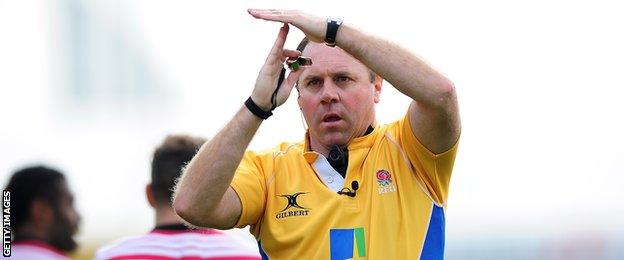
"Other sports have been swift to adopt video technology. But football has always been wary, fearing its use could curb the natural pace of a game.
"It's exactly the same reasons which led to a protracted process over the adoption of goalline technology.
"It took years of experimentation, trials and Fifa's insistence on strict technical standards before it was allowed.
"Now video replays face a similar journey with many, including the FA chairman Greg Dyke, concerned that once again football is risking being accused of being living in the past."
- Published27 February 2015
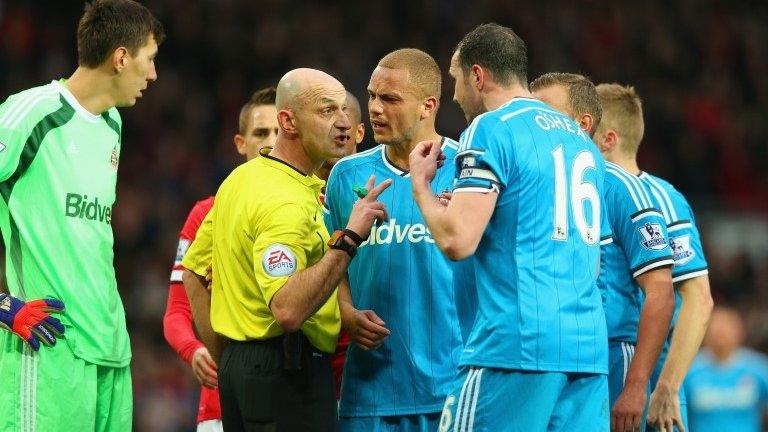
- Published28 February 2015
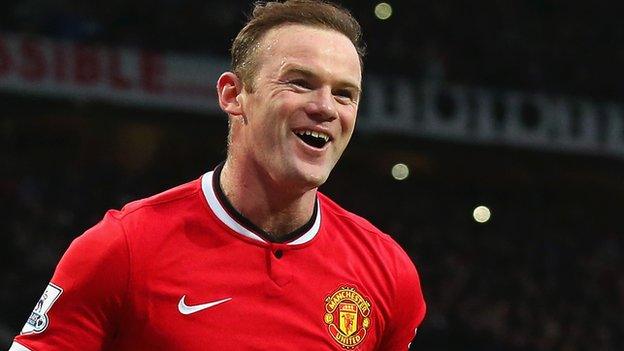
- Published1 March 2015
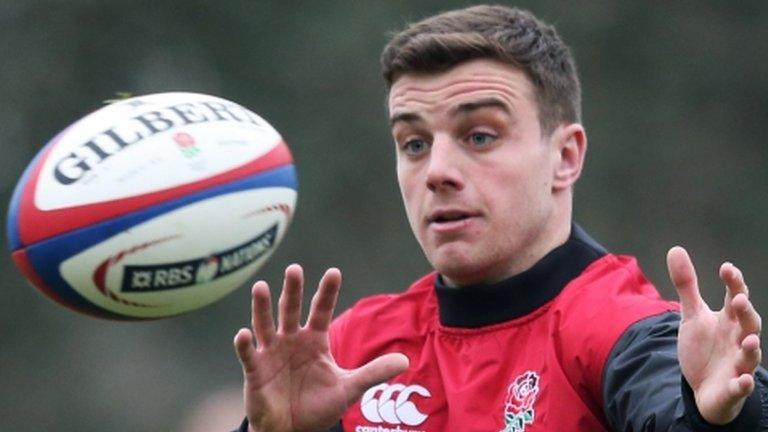
- Published28 February 2015
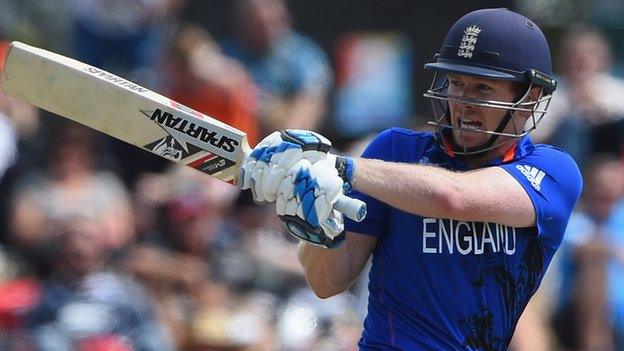
- Published27 February 2015
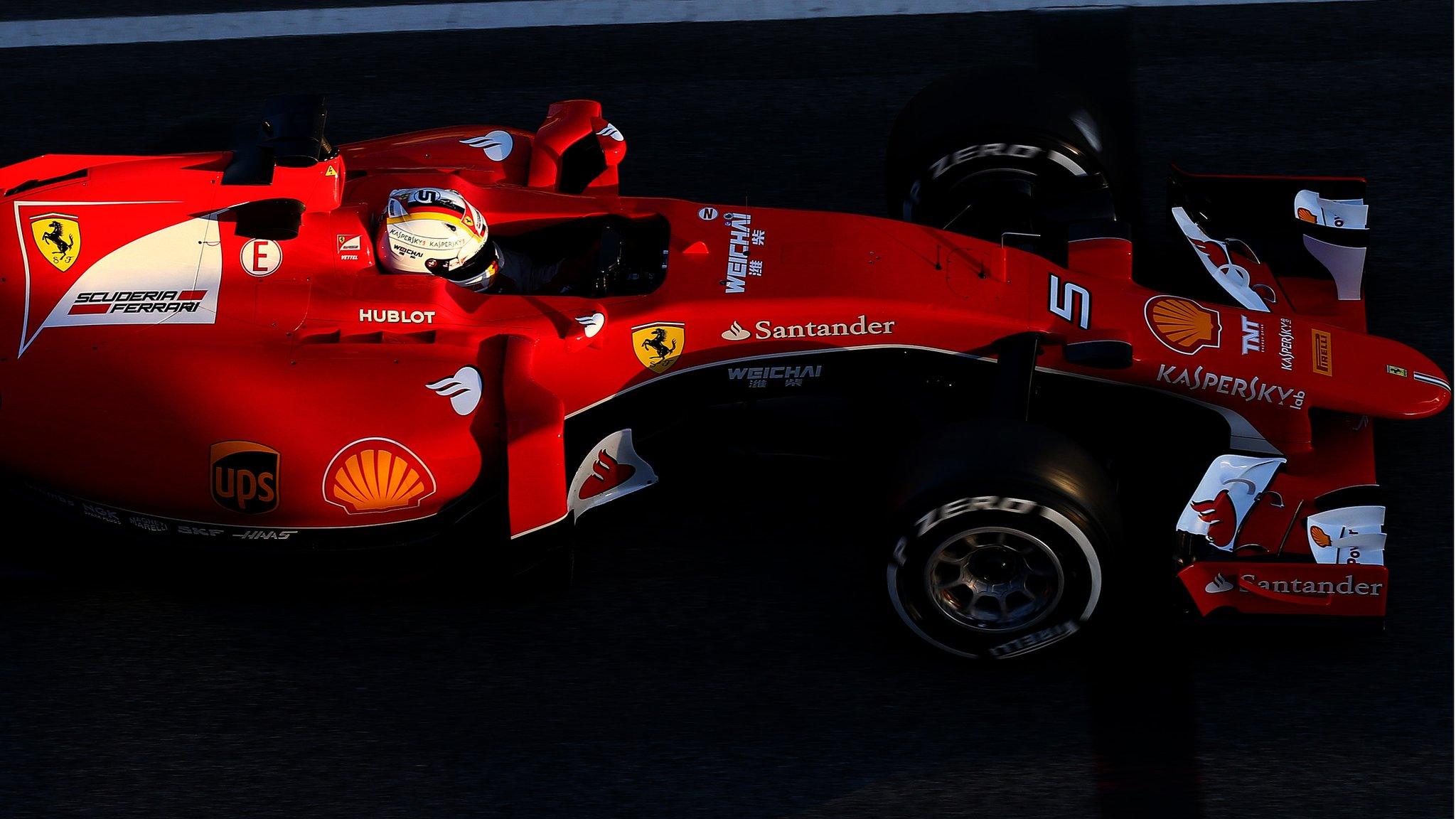
- Published28 February 2015
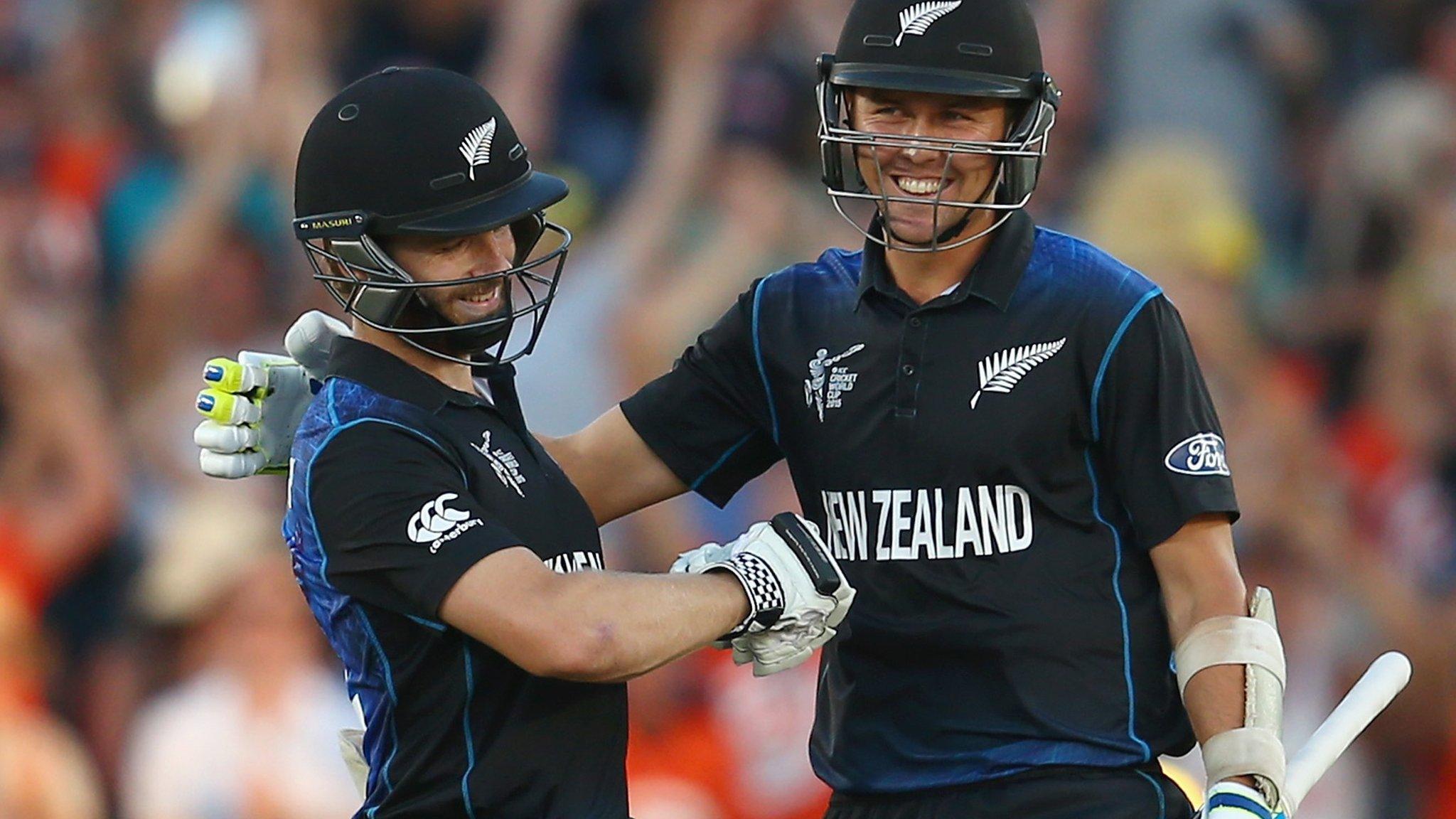
- Published20 June 2016

- Published7 June 2019

- Published2 November 2018
